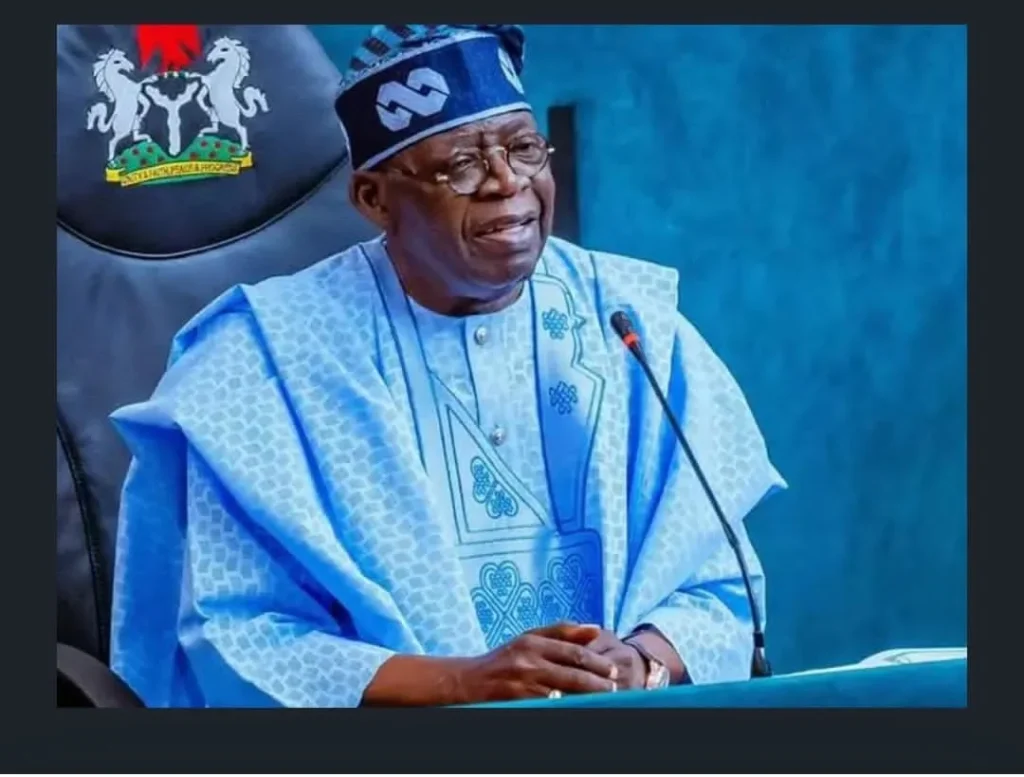Nigeria’s economy is currently dealing with a significant budget deficit that requires immediate and substantial financing. In response, President Bola Ahmed Tinubu has obtained approval from the National Assembly to secure $2.35 billion in external borrowing.
This move, equivalent to roughly at current exchange rates, is a calculated effort to support the 2025 fiscal plan and maintain economic momentum.
Legislature Gives Swift Approval
In a swift session held on Wednesday, both the House of Representatives and the Senate officially granted their consent.
The legislative chambers approved the borrowing after reviewing reports submitted by their respective committees focused on debt management.
Beyond the external loans, the National Assembly also sanctioned a significant financial maneuver: the issuance of a $500 million sovereign sukuk in the global market for the first time.
The primary objective of the sukuk is to inject capital into crucial infrastructure projects. This diversification effort aims to strengthen how Nigeria raises funds, making its financing structure more resilient.
Details of the President’s Financing Request
The request for this funding originated from a presidential letter sent to lawmakers earlier this month. The President highlighted that the approved 2025 budget already allocated worth of new loans to cover the anticipated deficit.
The total external capital required, amounting to approximately $2.35 billion, is a combination of two distinct elements:
- Fresh External Debt: Approximately $1.23 billion was earmarked for new external loans.
- Eurobond Refinancing: A plan to refinance a $1.12 billion Eurobond dating back to 2018. This Eurobond is scheduled to mature on November 21 of next year.
- Refinancing this debt is crucial to avoid a potential default and aligns with prudent global debt management practices.
Lawmakers Defend Debt Strategy
Prominent members of the legislature quickly stepped forward to justify the decision. A key senator clarified that this approval does not constitute taking on entirely new debt. Instead, it represents the execution of funding already incorporated within the government’s approved financial roadmap.
The senator emphasized that this action is akin to financial housekeeping: ensuring timely payments on existing bonds while adhering strictly to the approved budget plan.
Furthermore, another influential voice in the Senate argued for the necessity of smart borrowing. He asserted that taking loans, provided they are channeled into projects that create jobs and improve failing infrastructure, can actually stimulate economic growth rather than hinder it.
“Done right, loans tackle big problems like joblessness and crumbling facilities,” he emphasized.
A High-Stakes Gamble for Stability
This approval is a core component of the administration’s strategy to stabilize national finances as the 2025 fiscal year approaches.
This action is especially urgent given the pressure from dipping national revenues and rising debt service payments. Ultimately, this move is a high-stakes gamble designed to steady the economy during challenging times.
READ MORE: Onuachu Leads Goal Race: Nigerian Striker Dominates Turkish League






